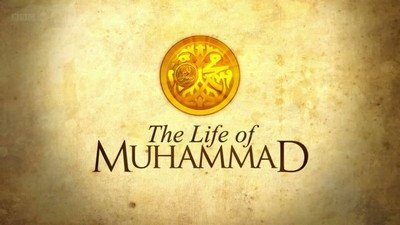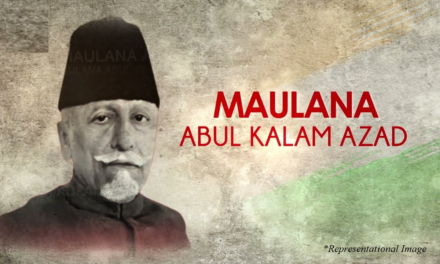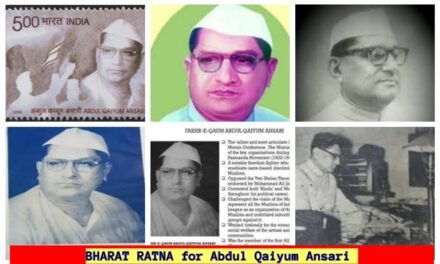~ Dr. Uzma Khatoon
Department of Islamic Study, A.M.U
Before the birth of Prophet Muhammad, the Arabian Peninsula was characterized by a fragmented socio-political environment. The region was home to tribal societies that operated without a central authority, often engaging in conflicts based on kinship and mutual interests. Although the Byzantine and Persian empires influenced the area, Arabia largely remained independent due to its harsh desert landscape, which deterred foreign invasions. Economically, the Arabian tribes thrived on trade, with Mecca emerging as a significant commercial hub. Religiously, the society was predominantly polytheistic, although there were Jewish and Christian communities.
Early Life and Lineage
Prophet Muhammad’s lineage is traced back to the prominent Arab tribe of Quraysh, specifically the Hashimite clan. His full lineage is Muhammad bin Abdullah bin Abdul-Muttalib bin Hashim. Hashim was known for his generosity and for providing food and water to pilgrims. Muhammad’s father, Abdullah, passed away before his birth, and his mother, Amina, died when he was just six years old. Orphaned at such a young age, Muhammad was raised first by his grandfather, Abdul-Muttalib, and later by his uncle, Abu Talib. Despite the challenges of being an orphan, Muhammad’s family was respected in Mecca, and his noble lineage was acknowledged in Arab society.
Muhammad’s early life was instrumental in shaping his character and preparing him for his future role as a prophet. Raised in the Quraysh tribe, which was known for its trading and diplomatic skills, he was exposed to diverse cultures and ideas, which enhanced his understanding and communication skills. As a young man, he earned the nickname “Al-Amin” (the trustworthy), reflecting his integrity and honesty. His experiences as a shepherd and later as a merchant taught him leadership, patience, and negotiation skills—qualities that would be crucial in his prophetic mission.
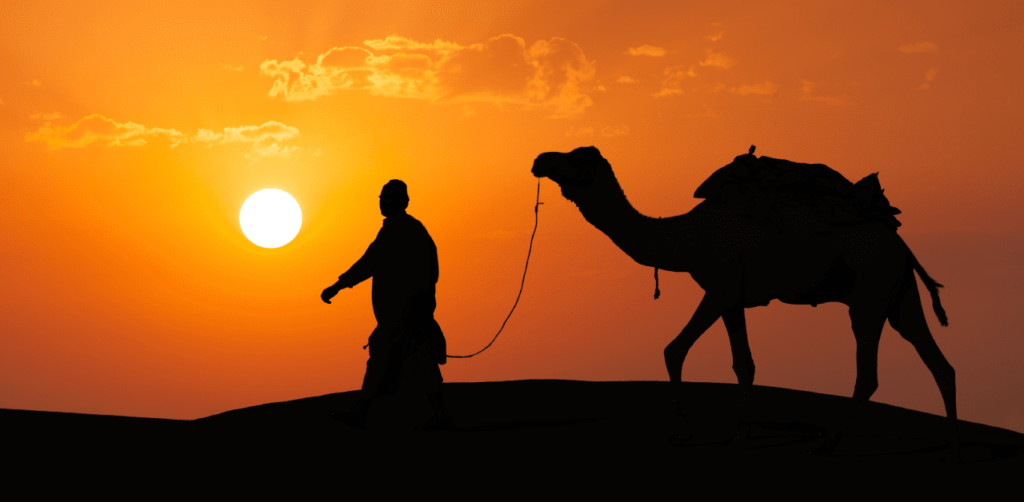
The Beginning of Prophethood
The first revelation to Prophet Muhammad occurred in the Cave of Hira during the month of Ramadan. Muhammad was visited by the Angel Gabriel, who commanded him to “Recite” or “Read.” Muhammad, who was unlettered, responded that he could not read. Gabriel embraced him tightly and repeated the command three times. Finally, Gabriel revealed the first verses of the Qur’an, beginning with “Read in the name of your Lord who created” (Surah Al-Alaq, 96:1-3). This marked the beginning of his prophethood.
Muhammad’s initial reaction to this profound experience was one of fear and confusion. He returned home to his wife, Khadijah, trembling and asking to be covered. He expressed his fear about what had happened. Khadijah comforted him and took him to her cousin, Waraqa bin Nawfal, a learned Christian, who reassured Muhammad that the experience was a divine revelation similar to what Moses had received.
Early Challenges
During the early years of his prophethood, Prophet Muhammad faced several significant challenges:
1. Opposition from Quraysh: The Quraysh tribe, to which Muhammad belonged, strongly opposed his message, fearing it threatened their social and economic status tied to the Kaaba and idol worship.
2. Persecution of Followers: Early converts to Islam, especially those without tribal protection, faced severe persecution, including torture and social ostracism.
3. Social Boycott: The Quraysh imposed a social and economic boycott on Muhammad’s clan, Banu Hashim, isolating them and cutting off trade and marriage ties.
4. Attempts on His Life: There were multiple plots to kill Muhammad, reflecting the intensity of the opposition against him.
Social Justice and Equality in Muhammad’s Teachings
Prophet Muhammad’s teachings addressed social justice and equality through several key principles:
1. Equality of Humanity: Islam emphasizes that all humans are equal in the eyes of God, regardless of race, ethnicity, or social status. The Prophet’s last sermon highlighted this by stating that no Arab is superior to a non-Arab, and vice versa, except in piety and good deeds.
2. Rights of Women: Muhammad’s teachings significantly improved the status of women in Arabian society, granting them rights in inheritance, education, and marriage, which were previously denied.
3. Economic Justice: Islam introduced the concept of Zakat (charitable giving), which is a mandatory almsgiving to support the poor and needy, thus promoting economic equity.
4. Abolition of Slavery: While not outright abolished, slavery was discouraged, and the freeing of slaves was considered a virtuous act. The Prophet encouraged the humane treatment of slaves and provided pathways for their emancipation.
5. Justice and Fairness: The Prophet emphasized justice in all dealings, urging Muslims to be fair and truthful and to stand against oppression and injustice, even if it involved close relatives.
These teachings collectively aimed to create a just and equitable society.
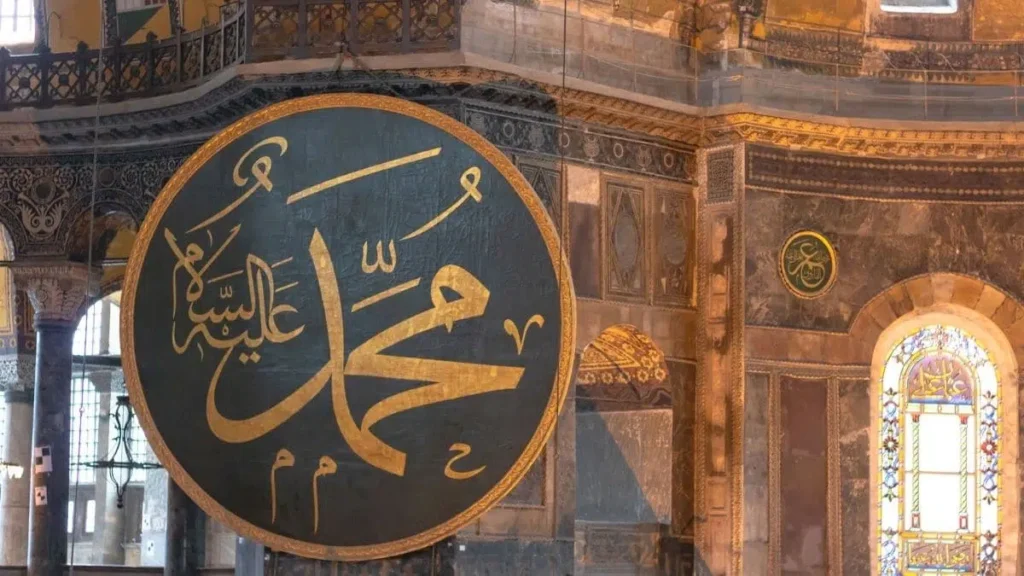
The Prophet as a Role Model
Prophet Muhammad’s life served as an exemplary model for Muslims in various ways:
1. Moral Integrity: Muhammad was known as “Al-Amin” (the trustworthy) even before his prophethood, exemplifying honesty and integrity. His life demonstrated the importance of ethical conduct in personal and public life.
2. Compassion and Mercy: His interactions were marked by compassion and mercy, even towards those who opposed him. This is evident in his forgiveness of the people of Mecca after its conquest.
3. Social Justice: Muhammad advocated for the rights of the poor, women, and marginalized groups, emphasizing equality and justice. His teachings encouraged charity, fair treatment, and social responsibility.
4. Patience and Perseverance: Throughout his life, Muhammad faced numerous challenges and opposition, yet he remained patient and steadfast in his mission, inspiring Muslims to endure hardships with resilience.
5. Leadership and Diplomacy: His leadership style was inclusive and consultative, as seen in drafting the Charter of Medina, which established a pluralistic society. His diplomatic skills helped form alliances and resolve conflicts.
These aspects of his life provide a comprehensive guide for Muslims in leading a balanced and righteous life.
Interactions with Non-Muslims
Prophet Muhammad’s interactions with non-Muslims reflected his teachings of compassion, justice, and respect for all people, regardless of their faith. Here are some ways in which his interactions exemplified these principles:
• Treaty and Alliances: Muhammad established treaties and alliances with non-Muslim tribes and communities, as seen in the Charter of Medina, which ensured mutual respect and cooperation among Muslims, Jews, and other groups in Medina.
• Fair Treatment: He emphasized fair treatment and justice for all, including non-Muslims. For instance, during the Conquest of Mecca, he granted amnesty to his former enemies, showcasing forgiveness and mercy.
• Religious Freedom: Muhammad allowed religious freedom and protected the rights of non-Muslims to practice their faith. This was evident in his interactions with the Christian community of Najran, where he allowed them to worship in their own way.
• Economic and Social Engagement: He engaged in trade and social interactions with non-Muslims, demonstrating that peaceful coexistence and mutual benefit were possible despite religious differences.
These interactions highlight the Prophet’s commitment to building a just and harmonious society in accordance with Islam’s core teachings.
Applying the Prophet’s Teachings in the Modern World
The life and teachings of Prophet Muhammad offer a timeless guide for Muslims in the modern world. By embodying the ethical and moral principles taught by the Prophet, Muslims can contribute positively to their societies and the world at large. In today’s rapidly changing world, where social, economic, and political challenges are pervasive, the Prophet’s teachings on justice, compassion, and equality are more relevant than ever. Muslims are called to integrate these principles into their daily lives, fostering a sense of justice, compassion, and equality. This involves not only personal spiritual growth but also active participation in societal well-being.
By following the Prophet’s example, Muslims can help build spiritually enriched and socially conscious communities capable of making meaningful contributions to the world while upholding Islam’s core values. In this way, the teachings of Prophet Muhammad can serve as a foundation for addressing contemporary challenges, promoting harmony, and advancing the common good in today’s complex global landscape.

